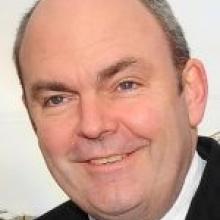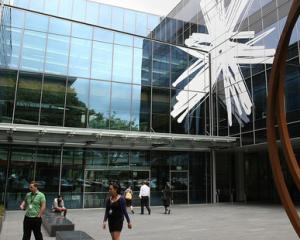
Telecom's asset allocation plan identified how assets and liabilities would be split during Telecom's proposed demerger and the key terms of all intended material-sharing arrangements.
Mr Joyce said the approval of the plan started the most significant telecommunications industry change in the past 20 years.
"Should Telecom's shareholders vote in favour of the demerger, Telecom will be the first telecommunications company of its size to undergo voluntary structural separation," he said.
Under structural separation, the new Chorus would be the main provider of fixed-line telecommunications infrastructure and there would be an even playing field between all retailers, including Telecom, Mr Joyce said.
Telecom had proposed to structurally separate in order to be able to participate in the Government's $1.35 billion ultra-fast broadband (UFB) project. That meant that Telecom's network arm - Chorus - would not be able to offer retail services.
"In making my decision to approve Telecom's plan, I consulted with the Telecommunications Commissioner who agreed that the asset allocation plan met the requirements of the Telecommunications Act," he said.
The Commerce Commission would closely monitor and enforce the sharing arrangements that were outlined in the plan. That involved ensuring that the arrangements were on arm's-length terms, unlikely to harm competition and would protect confidential customer and commercial information.
The need for transparency was important for Telecom's shareholders and the telecommunications industry, Mr Joyce said.
Craigs Investment Partners broker Chris Timms has a target price on Telecom of $2.93 but said that was likely to be revised once the company was split in two.
Chorus would look more like Vector in being an infrastructure company while the remaining Telecom would be more sales-focused.
"I expect research houses to look at their values for the individual companies. The risk profile for a Vector-like company is different than for a sales-based company."
It was also possible that the combined share price of the two companies would be different than the current price target.
Investors would make their decisions on what company they wanted to hold after the split and could sell the other, he said.
The splitting of a major telecommunications company was not without precedence. Telecom chief executive Paul Reynolds oversaw the structural separation of BT, in the United Kingdom, and had experience with the process.
"That's one of the reasons Telecom was eager to appoint him to this role," Mr Timms said.



